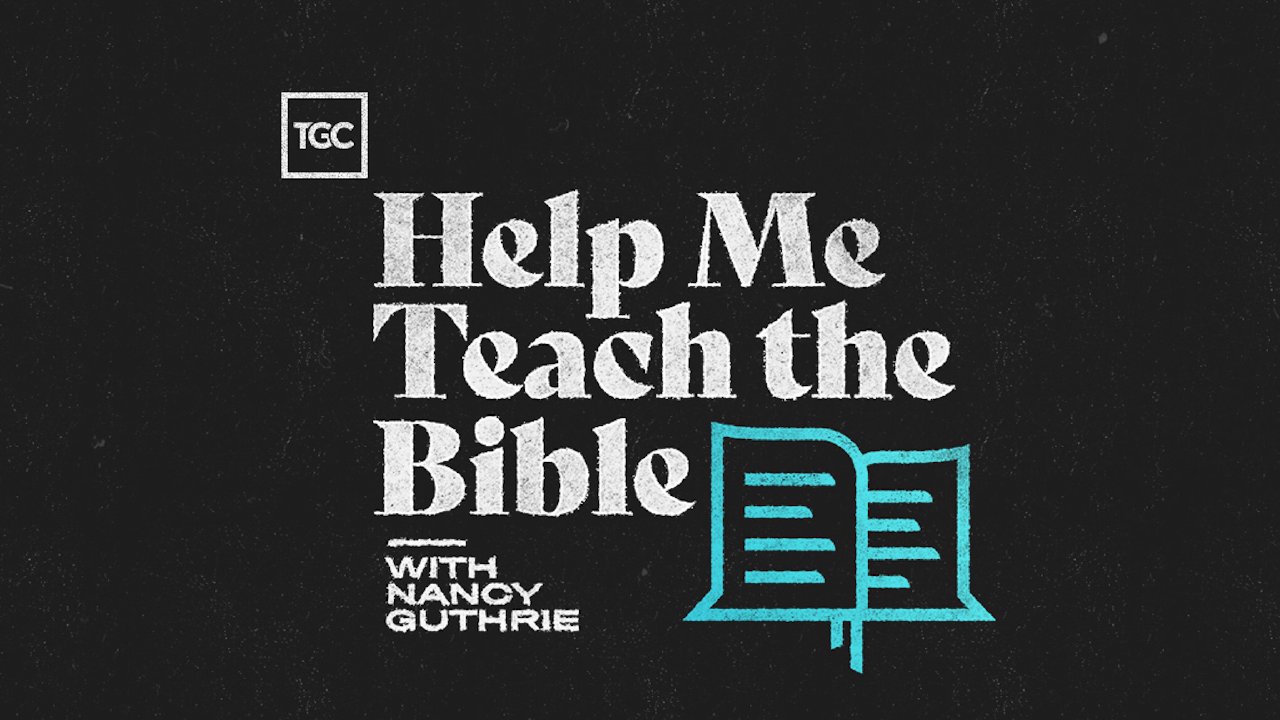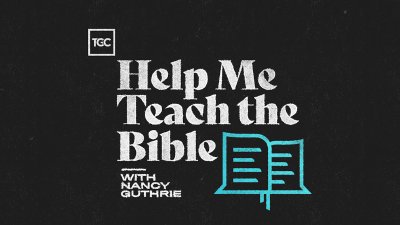Few teachers are rushing to teach the book of 1 Chronicles. Perhaps that’s because they’ve already taught through 1–2 Samuel and 1–2 Kings, and so much from these earlier books is repeated in 1–2 Chronicles. But according to Richard Pratt—president and co-founder of Third Millennium Ministries and author of the volume on 1–2 Chronicles in the Mentor Commentary series—to not study these books because of repeated material would be similar to not studying Mark or Luke because you’ve already studied Matthew. The Chronicler intentionally diverged from the records of Samuel and Kings to reveal his theological perspectives, and, according to Pratt, this perspective does not take away from his credibility. Rather it serves the purpose of the book, which is to direct his audience to reconsider what they believed about the people of God, about the king and the temple, and about God’s blessings and curses.
Rather than simply thinking of 1 Chronicles as historical chronology, we should view it as representing an underlying logical argument, a step-by-step effort at persuasion. In this conversation, Pratt talks about how best to handle the first nine chapters of the book (a lengthy genealogy of the 12 tribes), the importance of the term “all Israel” that’s used throughout the book, and the unique contribution the book makes to what we understand about the role of music in worship.
Recommended Resources:
Pratt’s section on 1–2 Chronicles in A Biblical-Theological Introduction to the Old Testament: The Gospel Promised
1 & 2 Chronicles: A Mentor Commentary by Richard Pratt
ESV Expository Commentary: Ezra–Job, Volume 4
Who Needs The Chronicles? We Do.
Knowing the Bible: 1-2 Chronicles, a 12-week Practical Study Series on the Books of 1-2 Chronicles (TGC Course)

Richard Pratt on Teaching 1 Chronicles
July 23, 2020 • Nancy Guthrie, Richard Pratt
Live at TGCW22: Putting Personality and Passion Into Your Teaching
September 1, 2022 • Nancy Guthrie
In this workshop, recorded live at The Gospel Coalition's 2022 Women’s Conference, Nancy Guthrie works through twelve ways to put personality and passion into your teaching without making it all about you.
Putting Together a Christ-Centered Bible Talk
August 5, 2021 • Nancy Guthrie
You’ve been asked to give a Bible talk. Where do you begin? And how do you make sure you’re understanding and applying the passage rightly? How will you get to the gospel? In this workshop session, recorded live at TGC’s 2021 National Conference, Nancy Guthrie takes listeners through the process of preparing to teach the Bible—including prayer, looking at the context, determining the structure of the passage, composing an aim, creating an outline, getting to the gospel, developing applications, and coming up with an introduction and conclusion. She then applies each of these tasks to putting together a talk on Numbers 6:22–27. Putting Together a Bible Talk worksheet (referred to in this podcast)
It’s Not About You: How Biblical Theology Transforms Bible Study
June 24, 2021 • Nancy Guthrie
Even in churches in which men and women are getting a regular diet of biblical theology and redemptive history from the pulpit, what is being offered in small-group Bible study is often driven by felt needs, has little biblical or theological rigor, or is oriented around self-improvement. But when biblical theology infiltrates Bible study, it puts the emphasis on what Christ has done rather than on what we must do. It helps participants put the various parts of the Bible together so they begin to make sense. And it makes being united to Christ by faith urgent and necessary. In this workshop, recorded live at The Gospel Coalition 2021 National Conference, Nancy Guthrie works through seven ways biblical theology transforms Bible study, as well as ways teachers can develop a deeper grasp of biblical theology.




